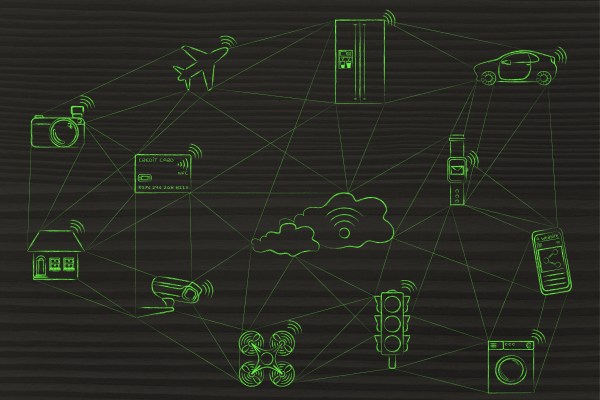Techstars has selected the first class for its new, New York-based internet of things accelerator.
For the accelerator, the first class is the culmination of a year of work putting the pieces together for the new initiative. One of the big four accounting and consulting firms, PWC, was the first company to sign on to the Techstars vision.
Since the first agreement last October with PWC, General Electric, Verizon, Bosch and SAP have all come on board. General Electric has been pushing hard to remake itself as a more innovative company; while Bosch is making similar efforts. For its part, SAP has announced its own partnership with Bosch, and is aggressively pushing into the Internet of Things to counter moves made by its arch-nemesis, Cisco.
Without further ado, here are the inaugural companies in Techstars’ latest accelerator class”
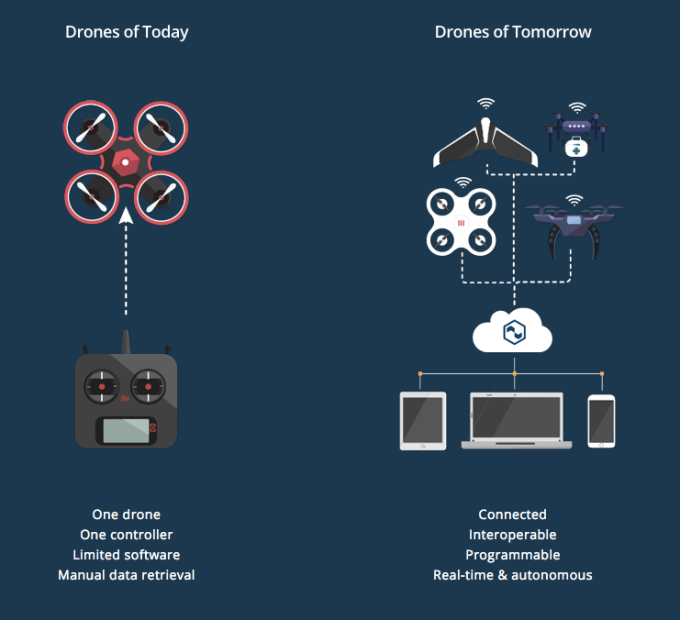
Dronesmith: Dronesmith focuses on a toolkit allowing programmers to develop, build, ship and execute drone applications and monitor and manage their data.
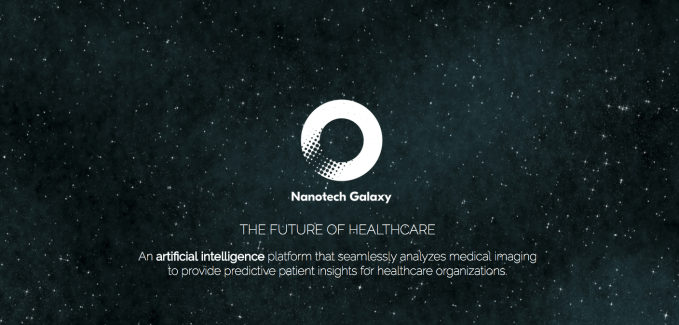
Nanotech Galaxy: This company aims to provide personalized patient insights based on medical images. Like other companies that use image sharing to help with medical diagnoses, the data is anonymized

Urban 3D: Founder Anielle Guedes spent three years working in favelas in Sao Paulo to understand the housing needs of Brazilians and came away with an idea for this startup. Urban 3D aims to develop a new production method to build infrastructure and housing.

Pillar Technologies: Using a network of sensors, Pillar is setting out to offer predictive analytics for buildings to stop problems like fires, water damage, and mold growth before they start.

Fueloyal: A sensor network aimed at eliminating fuel truck waste, Chicago-based Fueloyal has invented smart fuel caps that provide updates on fuel weight. There are 4 million 18-wheeled trucks and 1.2 million trucking companies in North America, and fuel waste costs those companies $10 billion annually.
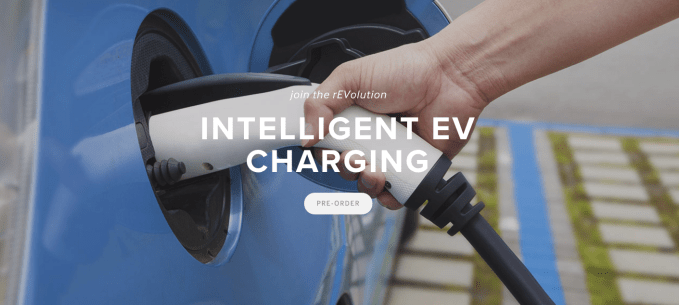
TEQ Charging: With 15 times as many electric cars on the road as there are charging stations, TEQ Charging is aiming to reduce a bottleneck to the electrification of American roadways through a new charging infrastructure and applications that allows the network to move power throughout charging systems.
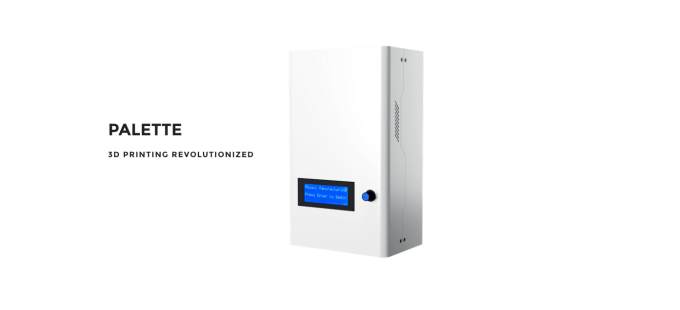
Mosaic Manufacturing: Palette, the 3D printing device from Mosaic Manufacturing, allows users to feed anything from stainless steel, electric filaments, and carbon-fiber infused strands through a desktop attachment that can fit standard 3D printers. The company’s goal is to reduce the number of nozzles and external equipment needed to create products with heterogeneous
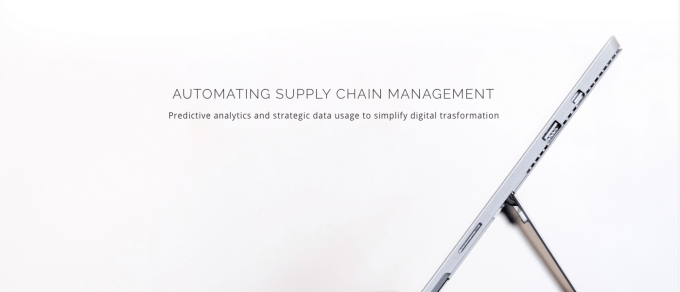
Union Crate: Aiming to reduce the 140 billion pounds of food wasted in the U.S., Union Crate is developing a predictive analytics platform to automate aspects of the supply chain. Details of what the company’s actually up to are pretty sketchy on the website, but it seems like the company will be using existing sensor networks and some sort of machine learning system to more efficiently deliver food to prevent spoilage.
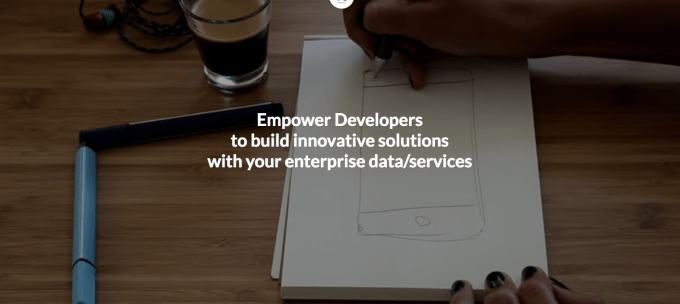
Xapix.io: An enabling technology for industrial companies looking to take advantage of machine learning and sensors than a new hardware product itself, Xapix is aiming to be a toolkit developers can use to marshal different data streams for application development.
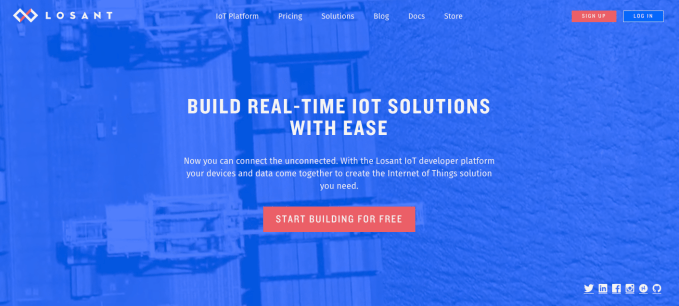
Losant: Another set of developer tools, Losant is a way for folks to easily create programs and connect devices through its system. Based on drag and drop commands mean developers can easily create applications for any mobile device.
